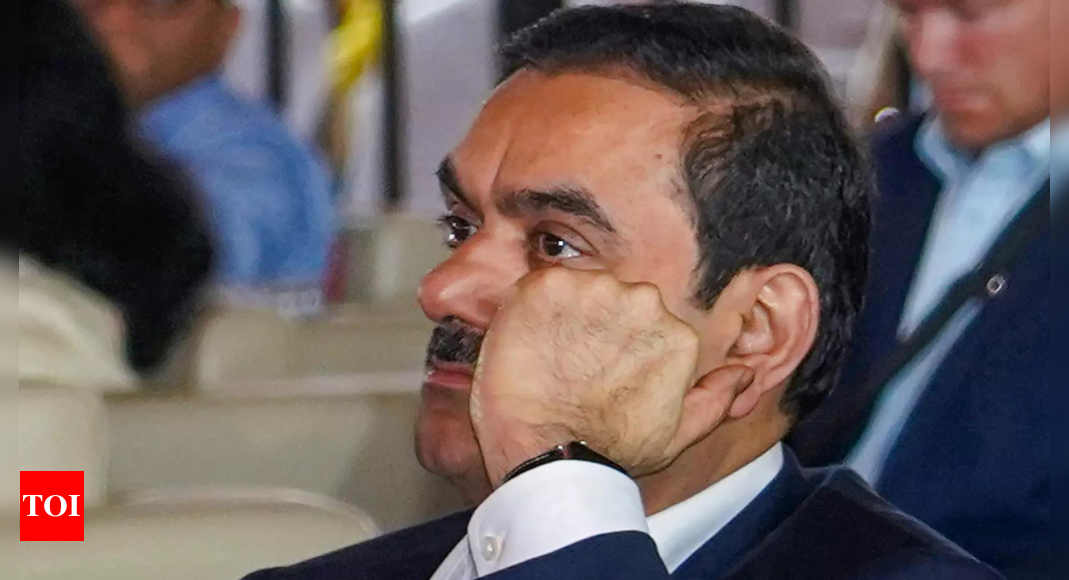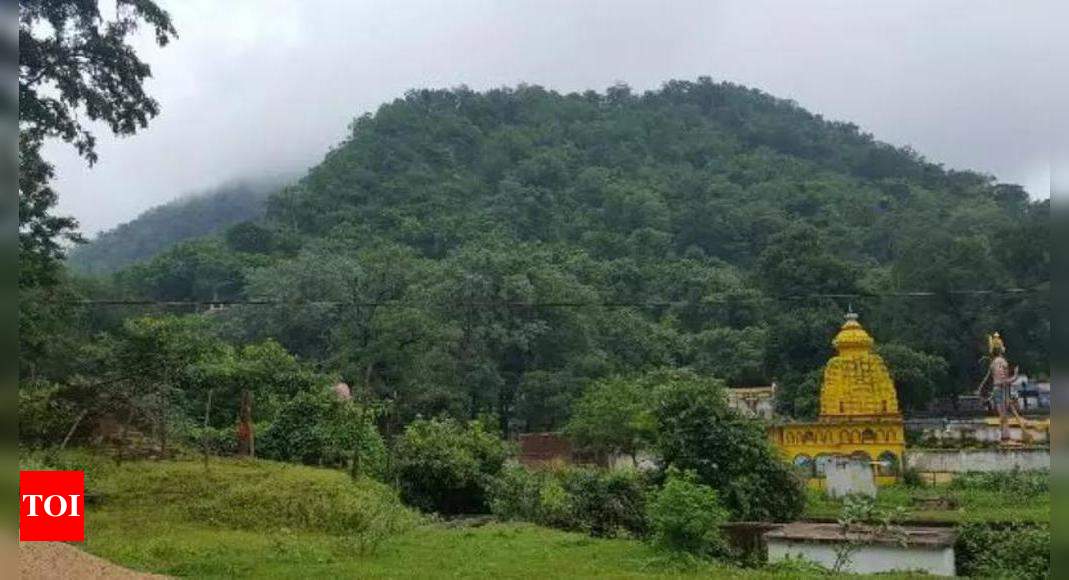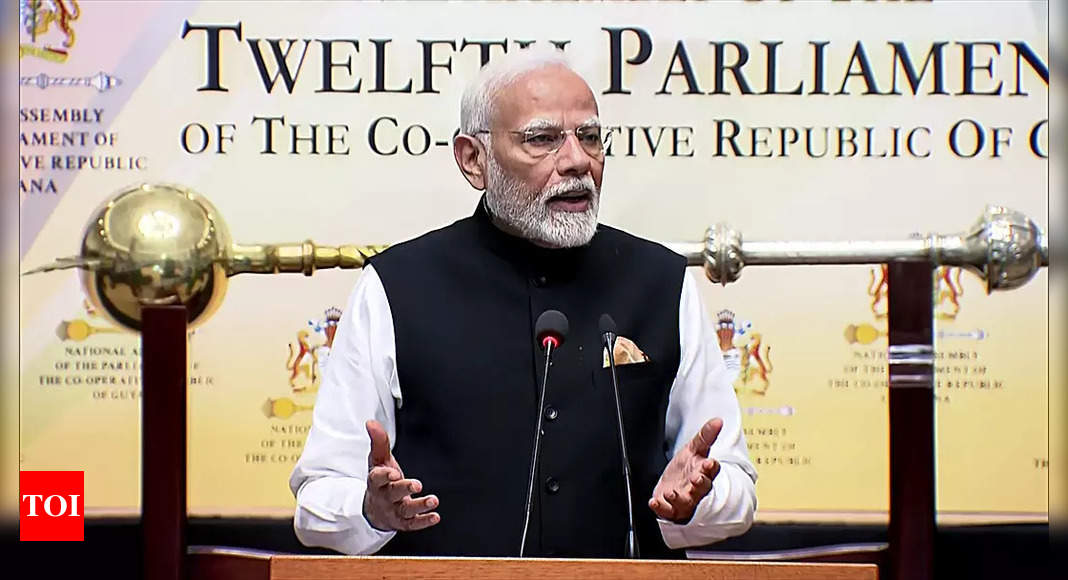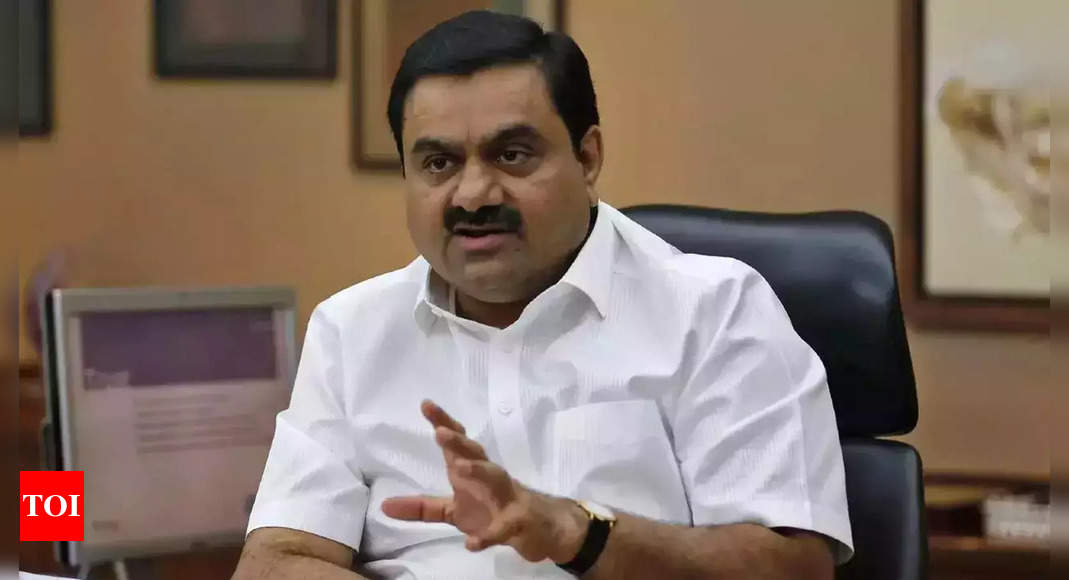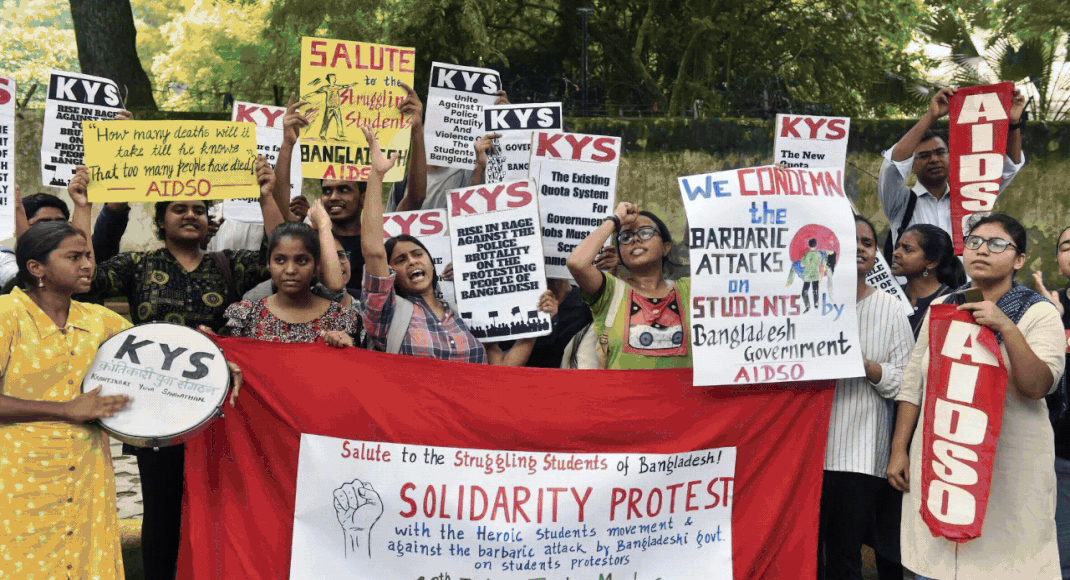
The curfew, which will be in effect immediately, aims to curb the ongoing unrest and ensure public safety.
The protests, which have spread across the country, are centered around the current government job quota system that many students argue is unfair and discriminatory.
Clashes and violent protests continued in Bangladesh on Friday with a police officer claiming that many stormed Narsingdi’s Central jail and reportedly freed hundreds of of inmates before setting it on fire.
The death toll has mounted to 105 as protests over civil service hiring rules across Bangladesh have spiralled . Students have been clashing with law enforcement officials as well as members of the ruling Awami League’s student wing, Bangladesh Chhatra League.
With nearly 32 million young people out of work or education in a country of 170 million, protesters are calling for a merit-based system.
Here are the top developments:
Bangladesh to impose curfew across nation
The Bangladesh government has decided to impose a curfew across the country and deploy the army to tackle student-led protests against government job quotas, BBC Bangla reported on Friday, citing Prime Minister Sheikh Hasina’s press secretary.
“The government has decided to impose a curfew and deploy the military in aid of the civilian authorities,” Hasina’s press secretary Nayeemul Islam Khan said. He added that the curfew would take immediate effect.
Protesters storm Bangladesh jail, free ‘hundreds’: Police officer
Student protesters in the central Bangladeshi district of Narsingdi stormed a jail Friday and freed hundreds of inmates before setting it on fire, a police officer told news agency AFP.
“The inmates fled the jail and the protesters set the jail on fire,” the police officer said.
“I don’t know the number of inmates, but it would be in the hundreds,” he added
Communications disrupted
Telecommunications were widely disrupted in Bangladesh on Friday as a result of the violent protest leading to clashes. The authorities had to suspend mobile services on Thursday in an attempt to quell the unrest but the disruption spread across the country on Friday morning. Telephone calls from overseas were mostly not getting connected and calls through the Internet could not be completed.
The official websites of the central bank, the prime minister’s office and police appeared to have been hacked by a group calling itself “THE R3SISTANC3”.
“Operation HuntDown, Stop Killing Students,” read identical messages splashed on the sites, adding in crimson letters: “It’s not a protest anymore, it’s a war now.”
Another message on the page read, “Prepare yourselves. The fight for justice has begun,” adding, “The government has shut down the internet to silence us and hide their actions. We need to stay informed about what is happening on the ground.
Public rallies banned
Police banned all public rallies in Bangladesh’s capital Dhaka — a first since the protests began — in a pre-emptive measure to stall violence.
“We’ve banned all rallies, processions and public gatherings in Dhaka today,” police chief Habibur Rahman said.
Meanwhile, the government has also suspended train services following the violent protests.
Indian high commission issues advisory for Indian citizens
India’s ministry of external affairs directed the Indian nationals in Bangladesh to follow the advisory issued by the High Commission of India in Dhaka, which says they must avoid local travels amid violent quota protests.
The MEA advisory stated that the High Commission and Assistant High Commissions will be available on helpline numbers for any assistance required by Indian nationals and also advised them to minimise their movement outside their living premises.
What triggered the protest?
The demonstrations started last month after the high court reinstated a quota system for government jobs, overturning a 2018 decision by Prime Minister Sheikh Hasina’s government to scrap it.
The system reserved 30% of jobs for family members of freedom fighters in the 1971 war for independence from Pakistan. At that time too, it triggered similar student protests.
But the Supreme Court suspended the high court order after the government’s appeal, setting August 7 as the next date to hear the government’s challenge.
However, the students stepped up their protest when Hasina refused to meet their demands, citing the court proceedings.





